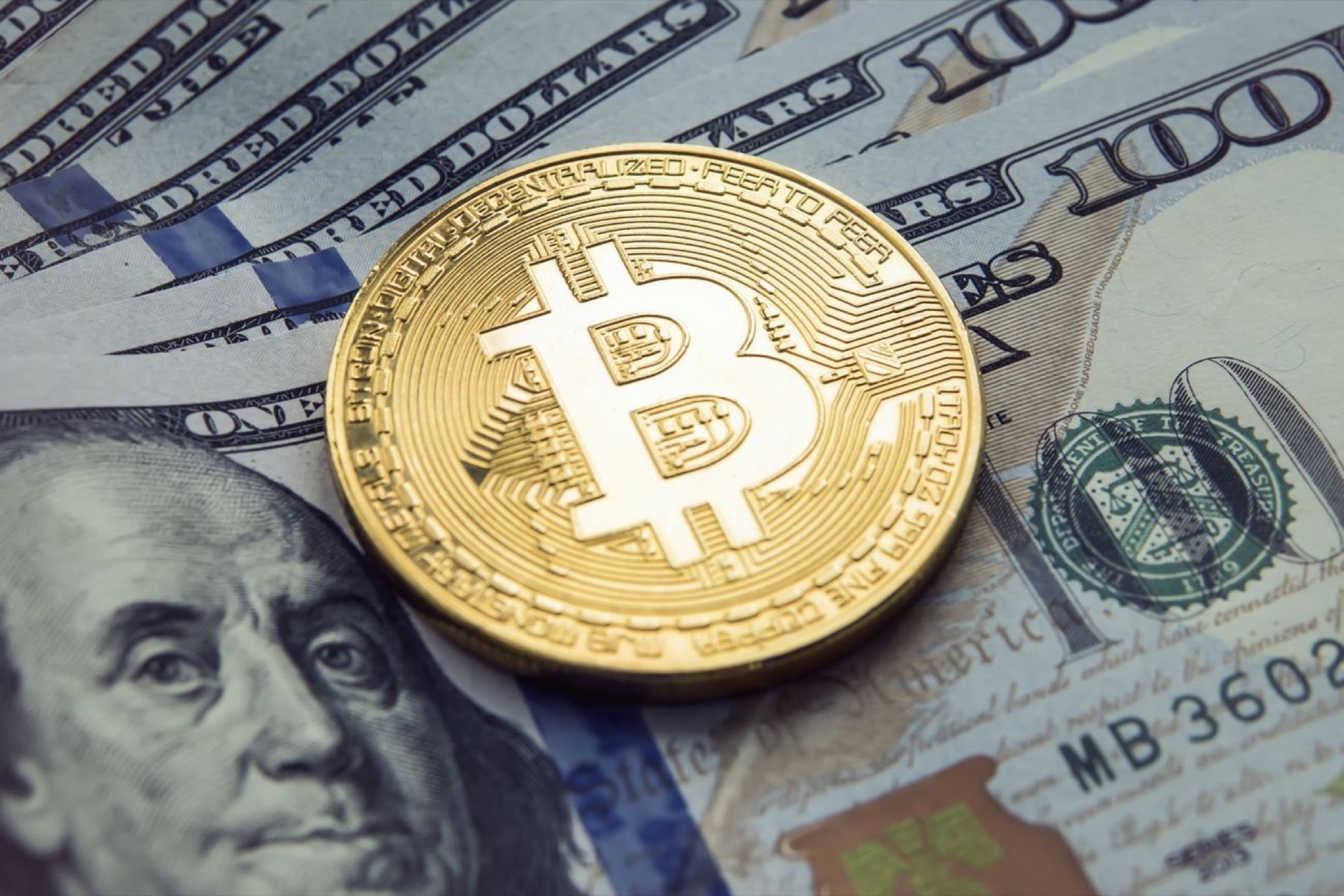6 Things Good and Bad You Should Consider Before Investing in Cryptocurrencies A small investment in Bitcoin a few years ago would be a small fortune now, which predicts absolutely nothing about what an investment now will be worth later.
By Renzo Costarella Edited by Dan Bova
Opinions expressed by Entrepreneur contributors are their own.

Cryptocurrencies are a hot topic these days. People all over the world are making thousands, if not millions, of dollars investing in these digital tokens. The potential returns, however, come with great risk and volatility. Before investing in cryptocurrencies you should definitely take the time to do your own research.
Below I've listed six things, both good and bad, about investing in these digital assets.
Related: How Digital Wallets and Mobile Payments Are Evolving and What It Means for You
1. Good: Potential returns can be massive.
Everyday you hear crazy stories about individuals making money with cryptocurrency. To put it in perspective, if you invested $1,000 in Bitcoin back in 2013 it would be worth over $400,000 today. A few alternative coins (altcoins) that have recently jumped into the top 10 tokens for market cap have seen increases of 1000 percent in the last few months.
Related: 6 Cryptocurrencies You Should Know About (and None of Them Are Bitcoin)
2. Bad: Inexperienced teams.
Every cryptocurrency is essentially a startup building a product to solve a certain problem.
Cryptocurrencies are fairly new. There are a lot of teams with little experience in the space and not very many individuals with extensive knowledge and or experience. Just like a startup, if a team isn't properly managed the whole project can fall apart. Most projects will include information about the team. A quick LinkedIn search can show a lot in regards to their experience.
Related: IPOs Are Boring But You Must Keep an Eye on These 9 Initial Coin Offerings
3. Good: Liquidity
When you invest in an asset like a startup, your money can be locked up for years. You're stuck, unless someone buys your equity or the company is acquired or goes public. No so with when investing in cryptocurrencies, where your investment is fairly liquid.
With cryptocurrencies you can buy and sell on the fly. Markets run 24 hours a day and seven days a week. Buys and sells are generally instant so you can react quickly when there is market fluctuation.
Related: Why You Can't Afford to Ignore Cryptocurrencies and Blockchain Anymore
4. Bad: Technical difficulties.
The hardest thing for people to grasp when it comes to investing in cryptocurrencies is the fact that it's all digital. You can equate nearly any other investment to something physical but you can't actually hold a Bitcoin in your hand.
Given that these assets are entirely digital you're often subject to technical difficulties. Markets and exchanges can get very slow when they are busy. Deposits and withdrawals are often disabled for certain tokens when the networks get congested. If you need to sell or move coins around at this time you're at the mercy of that exchange.
Related: 5 Essential Podcasts for Entrepreneurs Serious About Cryptocurrency
5. Sorta good: Transparency
This one you need to take with a grain of salt. Unless you're on the team, you can't know the full picture. Many of the major cryptocurrencies are very transparent with their undertakings. Most will give ample details on their whitepaper (a lengthy document explaining the project and technology) and other relevant materials. These typically include a roadmap, team members and often times their code.
The code is typically available on Github for others to publicly inspect. It's typically a bad sign when there is not much activity on a company's Github.
6. Bad: Security
Security is one of the biggest drawbacks of cryptocurrencies. Exchanges have been hacked and lost millions of dollars worth of digital tokens. Those who kept their coins on those exchanges lost close to everything.
Cryptocurrencies are not FDIC insured and won't be anytime soon. You need to be extremely careful when it comes to buying, selling and storing these coins.
I recommend using a cold storage wallet that lets you control your private keys. Your private key is what allows you to access your coin on the blockchain. It's best to keep this key offline and in a secure place.
Investing in cryptocurrencies is very risky. The markets are volatile and the technologies are still quite young. However, they are still a great opportunity for anyone interested in investing. Treat them as you would any investment and please do your own research.
The contributor holds BTC, ETH, IOTA, ADA, XLM and TRX. Nothing in this article is to be construed as investment advice. Invest at your own risk after doing your own research.









